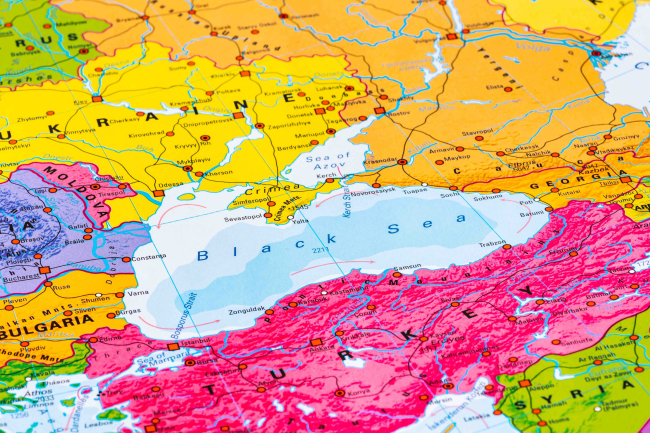
Practical information
For the fourth consecutive year, the Paris Peace Forum gathers the most important players in global governance. Heads of state and government and CEOs of major multinationals, as well as several civil society actors, will gather for a unique hybrid edition from November 11 to 13 to advance concrete solutions to the enormous challenges posed by the Covid-19 pandemic, and to improve global governance in times of Covid-19

Ifri, founding member of the Forum alongside the National Political Science Foundation (Sciences Po), the Körber Foundation, the Mo Ibrahim Foundation, the Montaigne Institute and the French Republic, represented by the Quai d ' Orsay, is participating in this 4th edition which will follow the UNGA, the G20 summit in Rome (30-31 October) and the COP26 on climate in Glasgow (1-12 November) and and will echo and complement the work done in these other fora.
This 4th edition will be as multi-actor as ever, convening heads of state, government and international organizations (more than 125 took part since 2018) as well as NGOs, foundations, companies and citizens from around the world, with special attention to participation from the global South.
www.parispeaceforum.org
Contact Ifri : [email protected]
Related Subjects
Other events

Affirming European Security in Ukraine and the Black Sea Region
European security has been challenged in 2022 with the full-fledged invasion of Ukraine by the Russian Federation.

Post-war Europe: How to Redefine a Security Architecture Within a New Transatlantic Framework?
A new European security architecture has to be built. The question is: will this happen with or without Europe? The US President, Donald Trump, who returned to the White House a little more than two months ago, and the President of the Russian Federation, Vladimir Putin, have initiated talks to put an end to the war in Ukraine, with the possibility of Ukraine ceding territory to Russia being raised.

Doing Politics in African Cities: Actors, Causes and Forms of Urban Social Mobilization
From Maputo to Nairobi and from Lagos to Dakar: recently, African cities have been the theatre of mobilizations by groups of young protesters.







